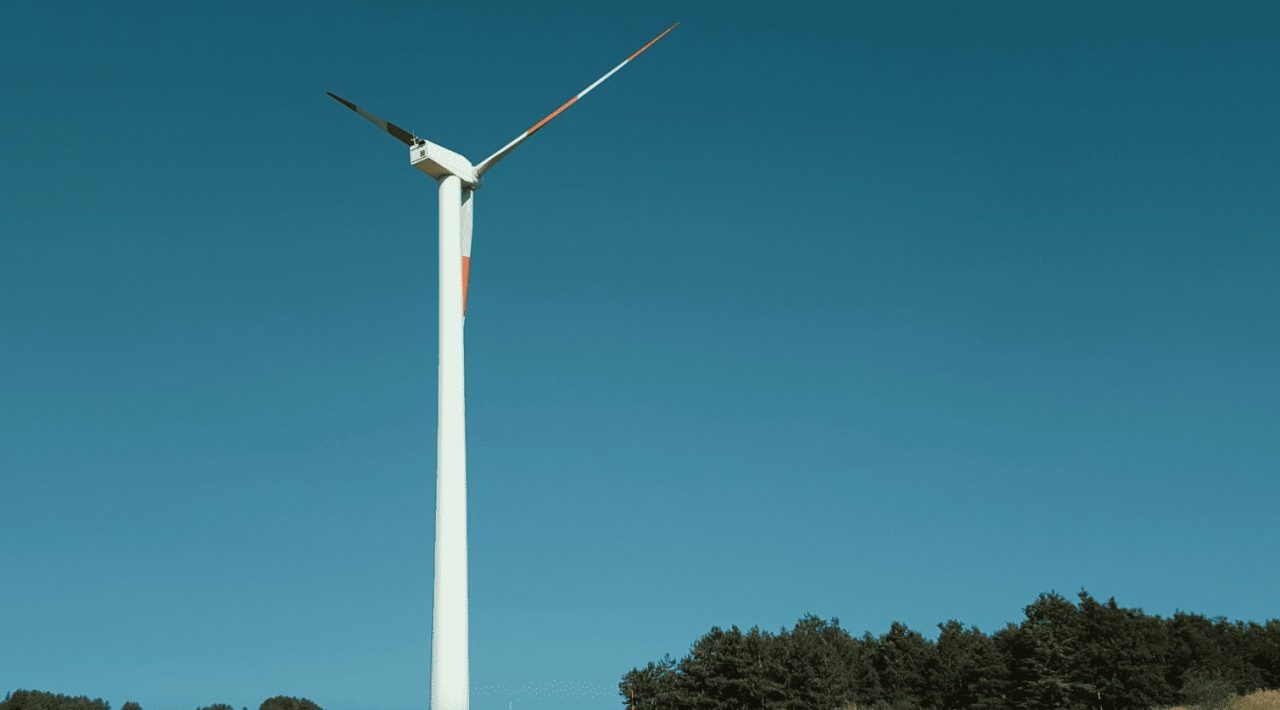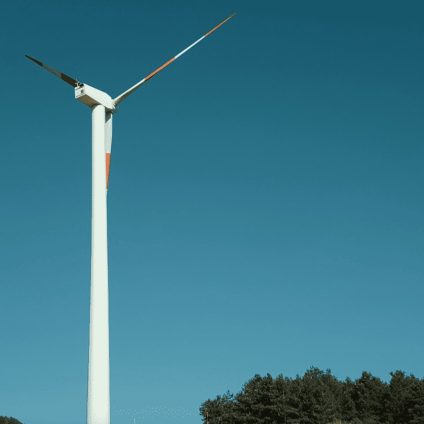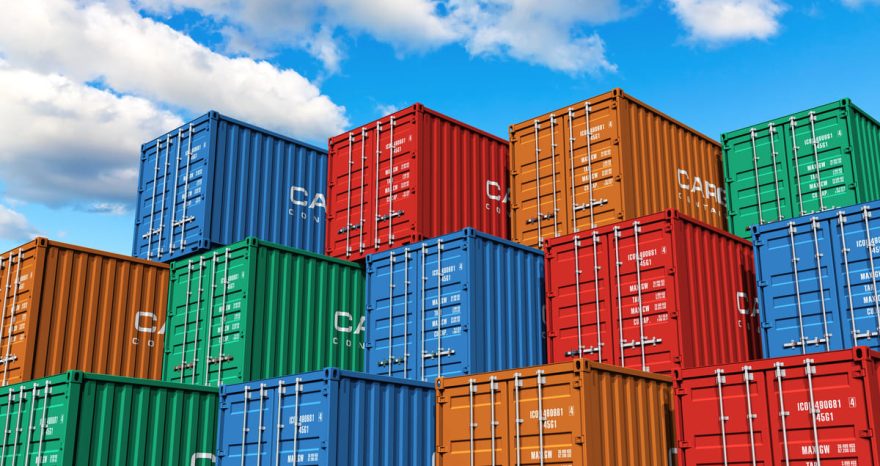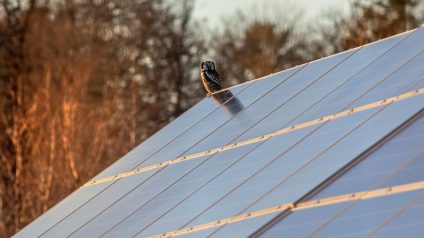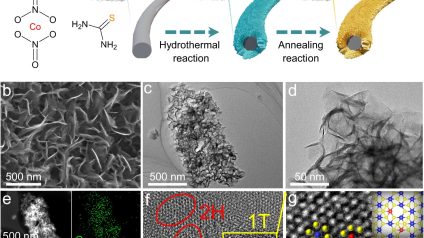The Federal Minister for Economic Affairs and Climate Action, Robert Habeck, in agreement with key representatives of the wind industry, has defined a series of measures and goals to consolidate and expand the European wind power supply chain
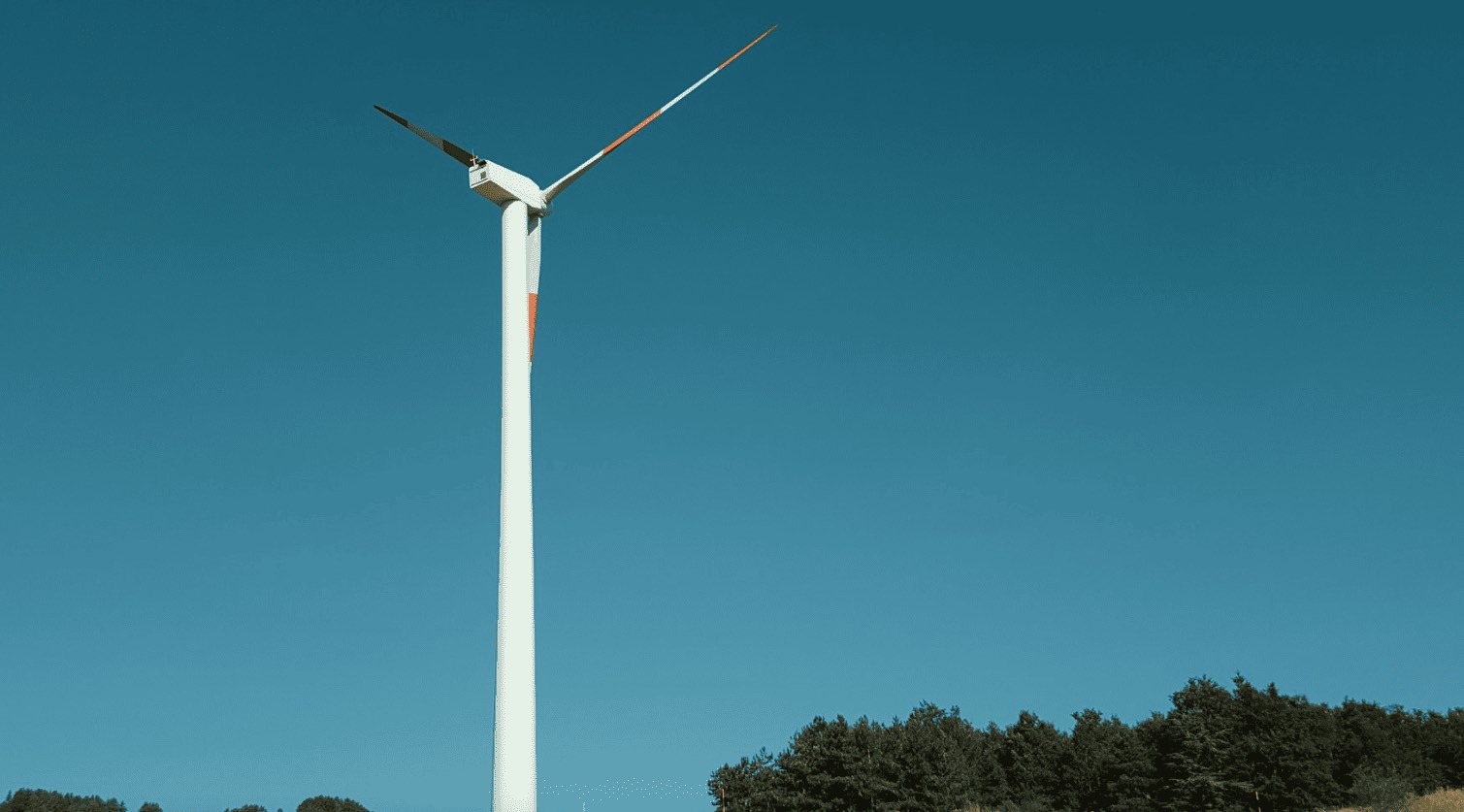
Germany’s Package of Measures for the Wind Power Industry
Increase Cybersecurity. Ensure Fair International Competitive Conditions. Reduce Dependence on Critical Components and Materials. These are three of the targets that should be pursued to keep the European wind power industry competitive.
The Federal Minister for Economic Affairs and Climate Action, Robert Habeck, presented the new package of dedicated measures last week in Germany. The document is the result of discussions between the ministry and key industry representatives, who reiterated their willingness and capability to meet the domestic demand for wind turbines in the medium and long term.
“We have a strong wind power industry in Germany and Europe,” Habeck stated. “An industry ready to implement the energy transition and thus contribute to our strategic, energy, and technological sovereignty. We must continue to improve the framework conditions so that this sector remains competitive and the conditions for future value creation in Germany and Europe are met. The agreed measures represent a crucial step in this direction.”
Let’s take a closer look at the package for the wind power industry (PDF in German).
Increasing Cybersecurity of Wind Turbines
Wind turbines are becoming increasingly important for energy supply. At the same time, cyber threats appear to be significant. In this context, the ministry will work to ensure that:
- The group of companies required to meet cybersecurity requirements (Energy Act) is expanded to include all those who actually have the capacity to control and access an energy production system.
- Security requirements are further developed in terms of content.
Additionally, the Ministry will improve the mapping of cybersecurity along supply chains and will closely coordinate with wind industry representatives to develop implementable and effective security requirements.
Ensuring Fair Market Conditions
Considering the current situation of the global wind turbine market, various international imbalances are clearly evident. The German ministry will pressure the new EU Commission to ensure that existing tools at the EU level, such as the Foreign Subsidies Regulation (FSR), are used effectively.
“Currently, the first FSR investigations are underway regarding possible distortions of competition in the supply of components for wind power plants. Traditional trade protection tools, such as anti-dumping and anti-subsidy measures, should also be used consistently where they are effective.”
Reducing Foreign Dependencies
Currently, over 90% of permanent magnets—essential components made from rare earths for wind turbines—come from China. Implementing the Critical Raw Materials Act and the Net Zero Industry Act aims to address this dependency throughout the EU and reduce existing dependencies. As a first step, by the end of this year or early 2025, a roadmap involving other customers for permanent magnets should be developed to show how to reduce these dependencies gradually
Reviewing and Adjusting Public Project Financing
In light of widespread unfair competition practices in the wind sector, the federal ministry will support and seek broad backing to ensure that the commercial strategies of KfW, EBRD, EIB, and other export financing instruments are reviewed and potentially adjusted for public funding. For example, if co-financing Chinese manufacturers is considered, these manufacturers will necessarily need to meet ESG compliance criteria, particularly regarding forced labor and other risks.


